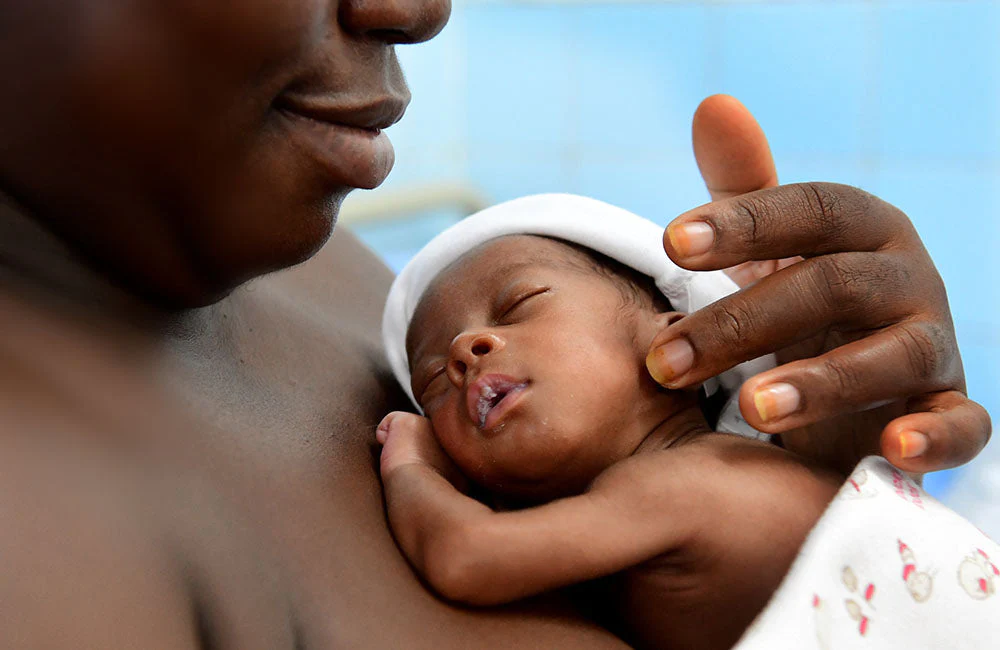A woman dies every two minutes during pregnancy or childbirth, according to the latest estimates released in a report by United Nations agencies last week.
The report, Trends in maternal mortality, revealed that over recent years, maternal deaths have either increased or stagnated in nearly all regions of the world.
Severe bleeding, high blood pressure, pregnancy-related infections, complications from unsafe abortion, and underlying conditions that can be aggravated by pregnancy such as HIV/AIDS and malaria are the leading causes of maternal deaths.
The study, which tracks maternal deaths nationally, regionally and globally from 2000 to 2020, shows there were an estimated 287 000 maternal deaths worldwide in 2020.
According to the study maternal deaths continue to be largely concentrated in the poorest parts of the world and in countries affected by conflict. In 2020, about 70 percent of all maternal deaths were in sub-Saharan Africa.
This number significantly increases where maternal mortality rates were more than double the world average ,551 maternal deaths per 100 000 live births, compared to 223 globally, in nine countries facing severe humanitarian crises.
Further, inequities related to income, education, race or ethnicity further increase risks for marginalized pregnant women, who have the least access to essential maternity care but are most likely to experience underlying health problems in pregnancy.
These, the report said, are all largely preventable and treatable with access to high-quality and respectful healthcare.
These deaths can be avoided by establishing and funding community-centered primary health care to meet the needs of women, children and adolescents and enable equitable access to critical services such as assisted births and pre- and postnatal care, childhood vaccinations, nutrition and family planning, the report noted.
Further, the report says underfunding of primary health care systems, a lack of trained health care workers, and weak supply chains for medical products are threatening progress in curbing maternal deaths.
The agencies said roughly a third of women do not have even four of a recommended eight antenatal checks or receive essential postnatal care,
In addition, it said 270 million women lack access to modern family planning methods thus denying them the opportunity to control their reproductive health particularly decisions about if and when to have children .
This in turn takes away women ability to plan and space childbearing aimed at protecting their health.

